
The history of how Trump and Bolton's relationship fell to tatters
Entities mentioned:
- John Bolton: Power, Influence, Self-preservation
- Donald Trump: Power, Control, Revenge
- FBI: Duty, Justice, Security
- Rex Tillerson: Duty, Professional pride
- Mike Pompeo: Loyalty, Influence
- Robert C. O'Brien: Duty, Ambition
- JD Vance: Duty, Loyalty
Article Assessment:
Credibility Score: 75/100
Bias Rating: 55/100 (Center)
Sentiment Score: 30/100
Authoritarianism Risk: 40/100 (Generally Democratic)
Bias Analysis:
The article presents a relatively balanced account of the Trump-Bolton relationship, including quotes from both sides. While it leans slightly towards emphasizing Trump's criticisms of Bolton, it also provides context for their initial positive relationship.
Key metric: Political Stability Index
As a social scientist, I analyze that this article highlights the volatile nature of high-level political relationships in the U.S. government, particularly within the Trump administration. The deterioration of the relationship between Trump and Bolton, culminating in FBI raids on Bolton's properties, demonstrates the potential instability in national security leadership. This can significantly impact the Political Stability Index by showcasing how quickly alliances can shift and how internal conflicts can lead to potential security risks, especially concerning the handling of classified information. The ongoing investigation into Bolton also raises questions about the management of sensitive documents by former officials, which could have implications for national security and governmental transparency.
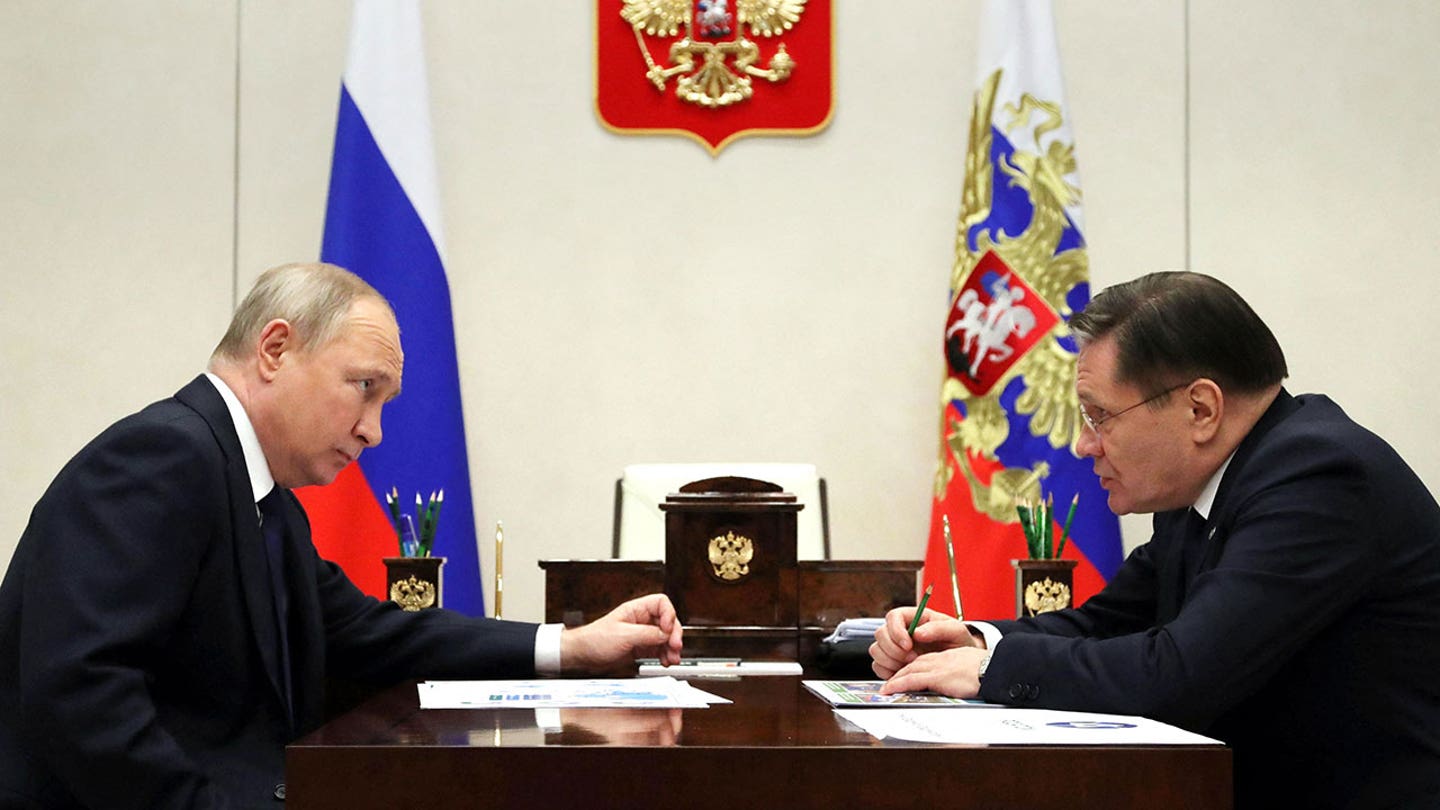
Russia looks to update nuclear program amid ‘colossal threats’ from West
Entities mentioned:
- Alexei Likhachev: Security, Power, Duty
- Vladimir Putin: Power, Security, Influence
- Donald Trump: Security, Competitive spirit, Power
- Russia: Security, Power, Self-preservation
- United States: Security, Influence, Power
- China: Power, Influence, Security
Article Assessment:
Credibility Score: 75/100
Bias Rating: 55/100 (Center)
Sentiment Score: 30/100
Authoritarianism Risk: 55/100 (Mixed/Neutral)
Bias Analysis:
The article presents a relatively balanced view, incorporating perspectives from both Russian and U.S. sources. However, there's a slight lean towards Western viewpoints, particularly in framing Russia's actions as potentially threatening.
Key metric: Global Nuclear Stability Index
As a social scientist, I analyze that this article highlights a concerning trend towards nuclear armament and away from disarmament efforts. Russia's emphasis on upgrading its nuclear capabilities, coupled with similar rhetoric from the U.S., suggests a potential new arms race. This development, along with the uncertain future of the New Start Treaty, could significantly destabilize global nuclear security. The article underscores the tensions between major powers and the use of nuclear capabilities as a geopolitical tool, which may lead to increased global instability and a higher risk of nuclear conflict.

New RNC chair Joe Gruters vows to 'ride the president all the way to victory' in midterms
Entities mentioned:
- Joe Gruters: Ambition, Loyalty, Power
- Republican National Committee (RNC): Power, Control, Influence
- Donald Trump: Power, Control, Legacy
- Michael Whatley: Ambition, Loyalty, Power
- Democratic National Committee (DNC): Competitive spirit, Moral outrage, Power
- Republican Party (GOP): Power, Control, Unity
- Democratic Party: Competitive spirit, Moral outrage, Justice
Article Assessment:
Credibility Score: 65/100
Bias Rating: 70/100 (Lean Right)
Sentiment Score: 55/100
Authoritarianism Risk: 65/100 (Authoritarian Tendencies)
Bias Analysis:
The article leans right, primarily due to its focus on Republican perspectives and strategies. While it includes some Democratic critique, the majority of the content presents Republican viewpoints favorably, with limited counterbalance.
Key metric: Political Party Power and Influence
As a social scientist, I analyze that this article highlights the consolidation of power within the Republican Party under Donald Trump's influence. The appointment of Joe Gruters, a Trump loyalist, as RNC chair further cements Trump's control over the party apparatus. This move indicates a strategy to align the party closely with Trump's policies and persona for the upcoming midterm elections. The article also touches on significant policy changes, particularly in tax cuts and social welfare programs, which are likely to be key campaign issues. The GOP's focus on election integrity and voter mobilization suggests a concentrated effort to maintain and expand their political power. This shift in party dynamics and policy focus could have substantial implications for the balance of power in Congress and the direction of national policy.
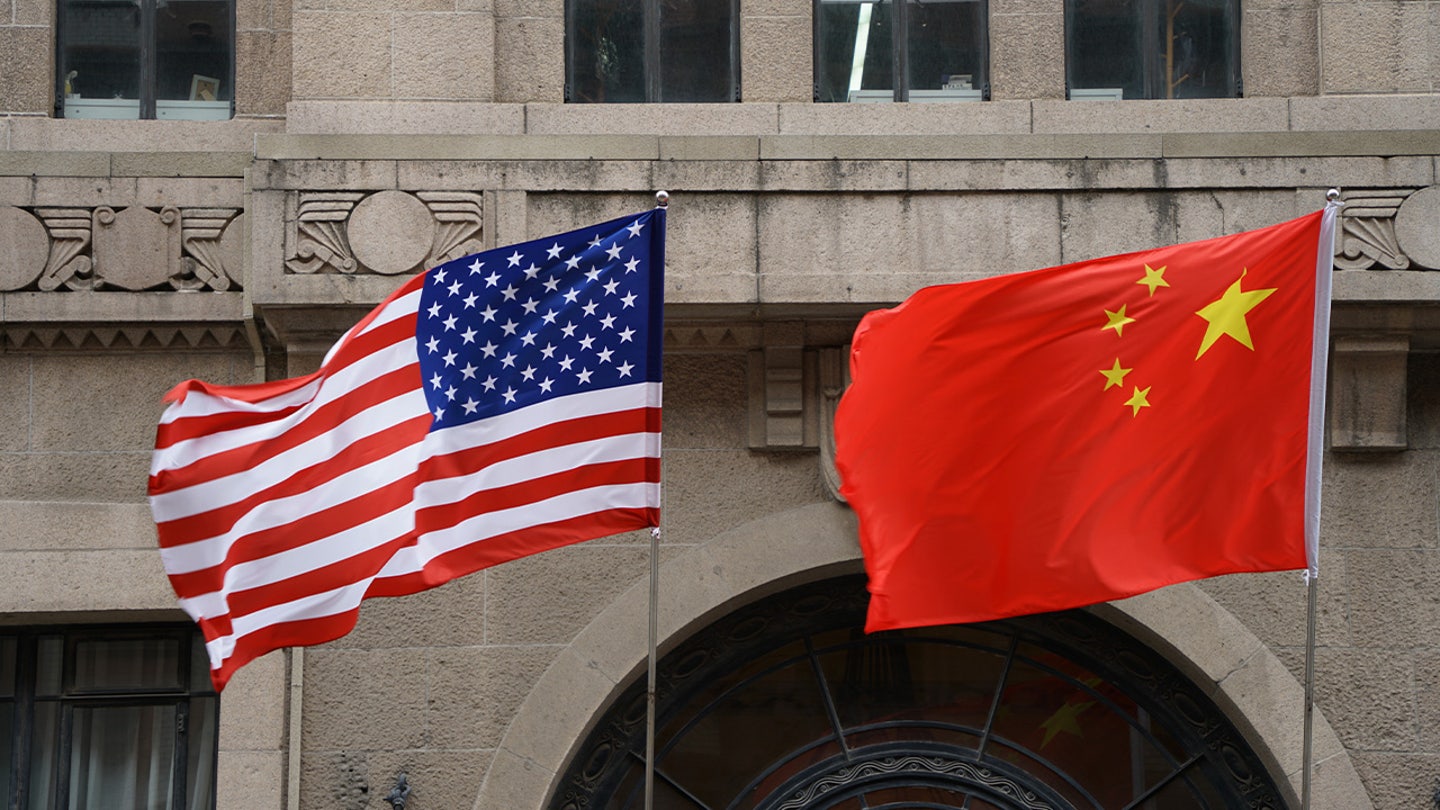
Trump learns a lesson grounded in faith, how best to stand tough on trade with China
Entities mentioned:
- Donald Trump: Power, Determination, Competitive spirit
- China: Control, Power, Competitive spirit
- Steven Mnuchin: Determination, Professional pride, Loyalty
- Rabbi Levi Yitzchok of Berditchev: Righteousness, Faith, Influence
Article Assessment:
Credibility Score: 55/100
Bias Rating: 75/100 (Lean Right)
Sentiment Score: 65/100
Authoritarianism Risk: 55/100 (Mixed/Neutral)
Bias Analysis:
The article leans heavily right, presenting Trump's policies in an overwhelmingly positive light without significant counterarguments. It uses religious rhetoric to support political positions, which is characteristic of right-wing messaging in the US.
Key metric: US-China Trade Balance
As a social scientist, I analyze that this article portrays a continuation of Trump's aggressive trade policies towards China in a hypothetical second term. The focus is on using tariffs and economic pressure to reshape the US-China trade relationship and reduce US dependence on Chinese goods and resources. The article suggests these policies are having some success in reshoring manufacturing and strengthening alliances, but acknowledges short-term economic costs. The integration of religious teachings into trade policy rationale is an unusual element that appears aimed at justifying potentially painful economic measures through appeals to faith and perseverance.

Trump gave the Oval Office a gilded makeover – and covered the cost himself
Entities mentioned:
- Donald Trump: Pride, Legacy, Recognition
- White House: Professional pride, Legacy, Influence
- Joe Biden: Legacy, Duty, Influence
Article Assessment:
Credibility Score: 65/100
Bias Rating: 55/100 (Center)
Sentiment Score: 70/100
Authoritarianism Risk: 30/100 (Generally Democratic)
Bias Analysis:
The article presents a generally neutral tone, providing factual details about the changes made to the Oval Office. However, there's a slight lean towards positive framing of Trump's actions, emphasizing his personal financing and 'golden touch' without critical perspectives.
Key metric: Presidential Approval Rating
As a social scientist, I analyze that this article's focus on Trump's personal financing of White House renovations and aesthetic changes may impact public perception of his presidency. The emphasis on gold accents and luxurious additions could be seen as either a display of wealth and success or as excessive and out of touch with average Americans. This could potentially influence approval ratings, particularly among different socioeconomic groups. The article's highlighting of Trump's personal investment in these changes may also affect perceptions of his commitment to the office and his willingness to use personal resources for what he sees as improvements to the nation's most iconic building.
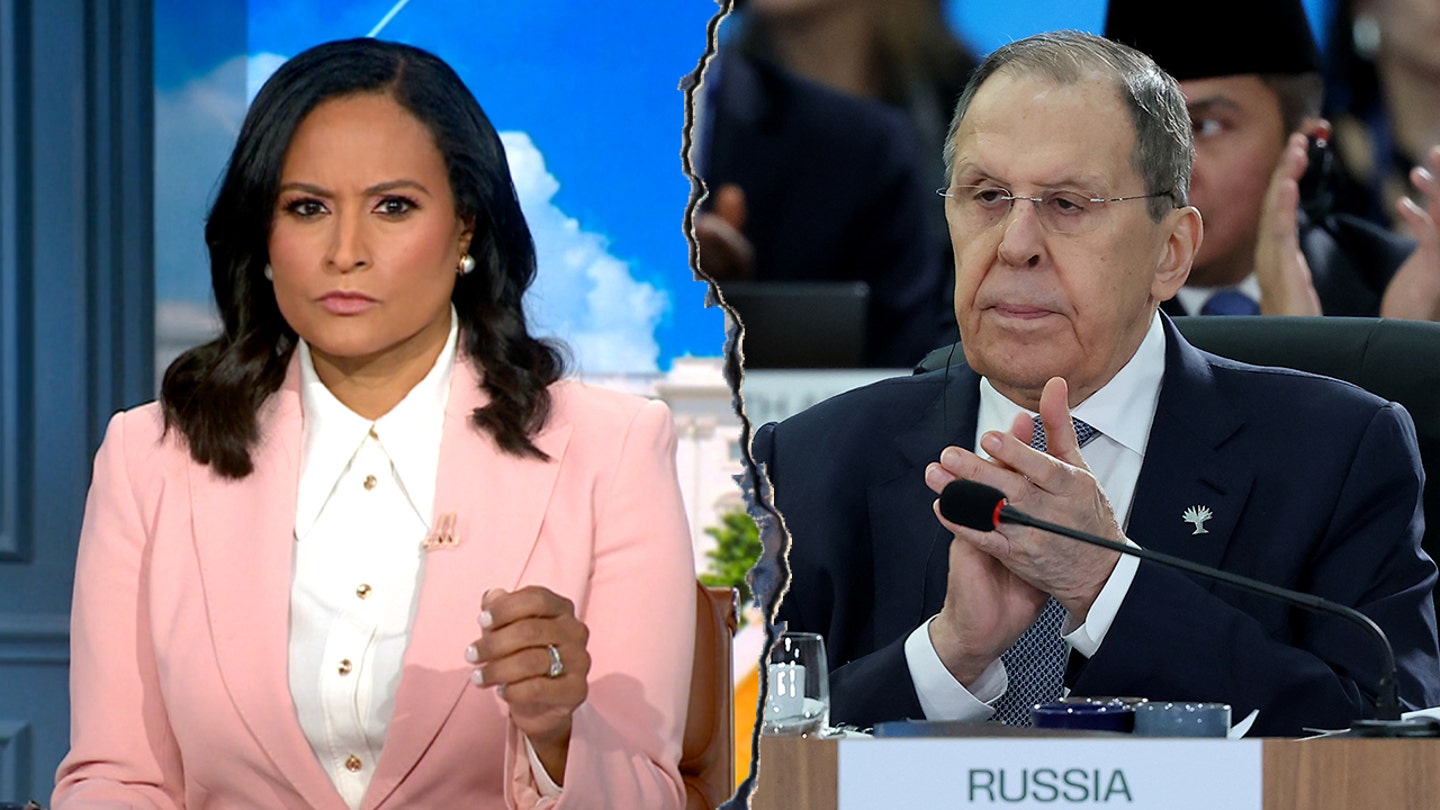
Russian foreign minister accuses NBC host of wanting something to 'sell' during tense Ukraine exchange
Entities mentioned:
- Kristen Welker: Professional pride, Determination, Duty
- Sergey Lavrov: Control, Loyalty, Self-preservation
- Volodymyr Zelenskyy: Unity, Self-preservation, Determination
- Vladimir Putin: Power, Control, Pride
- Donald Trump: Influence, Power, Recognition
Article Assessment:
Credibility Score: 70/100
Bias Rating: 55/100 (Center)
Sentiment Score: 35/100
Authoritarianism Risk: 45/100 (Mixed/Neutral)
Bias Analysis:
The article presents both Russian and American perspectives, though it gives more space to the American viewpoint. The inclusion of Trump's statements and the framing of Lavrov's responses suggest a slight lean towards Western perspectives, but overall maintains a relatively balanced approach.
Key metric: International Relations and Diplomacy
As a social scientist, I analyze that this article highlights the ongoing tension between Russia and the West regarding the conflict in Ukraine. The exchange between NBC's Kristen Welker and Russian Foreign Minister Sergey Lavrov demonstrates Russia's refusal to acknowledge its actions as an invasion, instead framing it as a 'special military operation'. This semantic dispute reflects deeper geopolitical conflicts and differing narratives about the situation. The article also touches on the role of the United States, particularly President Trump's involvement in negotiations, which suggests a complex diplomatic landscape with potential implications for global power dynamics and conflict resolution efforts.
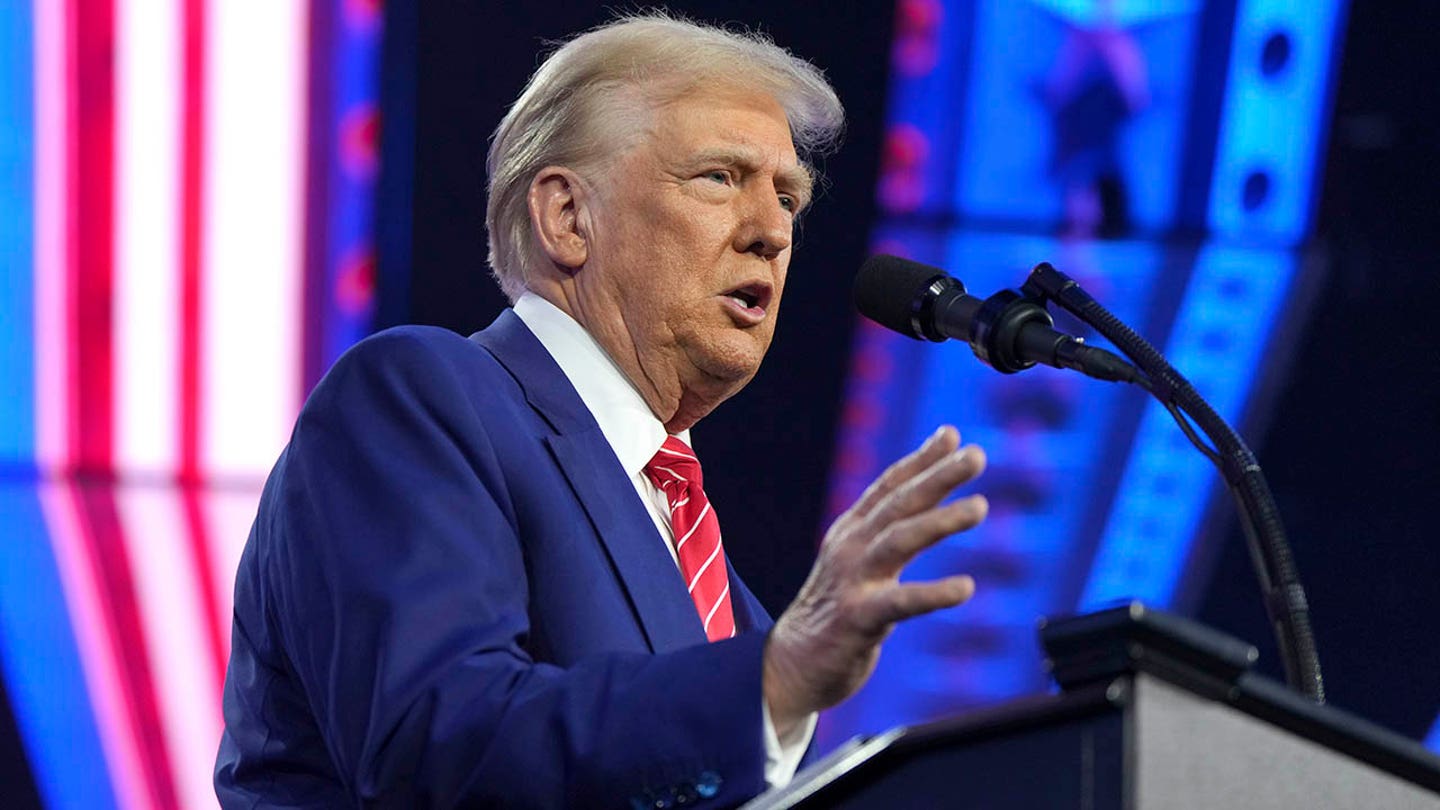
Trump tells Grassley to tell Democrats 'go to HELL' over blocked judicial nominees in Senate
Entities mentioned:
- Donald Trump: Power, Control, Indignation
- Chuck Grassley: Duty, Loyalty, Wariness
- Senate Democrats: Control, Resistance, Power
- Alina Habba: Ambition, Professional pride, Self-preservation
- Judge Matthew Brann: Justice, Duty, Professional pride
Article Assessment:
Credibility Score: 70/100
Bias Rating: 55/100 (Center)
Sentiment Score: 30/100
Authoritarianism Risk: 65/100 (Authoritarian Tendencies)
Bias Analysis:
The article presents multiple viewpoints, including Trump's criticism and Grassley's defense of the blue slip tradition. While it gives more space to Trump's perspective, it also includes factual context about the constitutional process and recent judicial rulings.
Key metric: Judicial Branch Appointments
As a social scientist, I analyze that this article highlights a growing tension between executive power and Senate traditions in the judicial appointment process. Trump's frustration with the 'blue slip' custom reflects a broader struggle for control over the judiciary, which has significant implications for the balance of power in the US government. The slowdown in judicial appointments during Trump's current term, compared to his first, indicates a shift in the political landscape and the effectiveness of opposition tactics. This conflict could lead to further polarization in the appointment process and potentially alter long-standing Senate norms, affecting the composition and perceived legitimacy of the federal judiciary in the long term.

Meet Joe Gruters, the Trump ally now at the helm of Republican National Committee
Entities mentioned:
- Joe Gruters: Loyalty, Ambition, Power
- Donald Trump: Power, Control, Influence
- Republican National Committee: Influence, Power, Unity
- Susie Wiles: Loyalty, Ambition, Influence
- Michael Whatley: Ambition, Power, Loyalty
- Ron DeSantis: Ambition, Competitive spirit, Power
Article Assessment:
Credibility Score: 70/100
Bias Rating: 65/100 (Lean Right)
Sentiment Score: 65/100
Authoritarianism Risk: 55/100 (Mixed/Neutral)
Bias Analysis:
The article leans right, evidenced by its focus on Trump's influence and positive framing of his control over the RNC. While it includes some factual reporting, the language used ('MAGA Warrior', 'RED AS RED CAN BE!') suggests a favorable view of Trump's impact on the party.
Key metric: Political Party Cohesion
As a social scientist, I analyze that this article highlights the consolidation of power within the Republican Party under Donald Trump's influence. The unanimous election of Joe Gruters, a Trump ally, as RNC chair demonstrates the party's alignment with Trump's vision and leadership. This development suggests a strengthening of party cohesion around Trump's ideology and political strategy, potentially impacting the party's approach to the upcoming midterm elections and beyond. The mention of Gruters' clash with Ron DeSantis indicates potential internal conflicts within the party, especially among Florida-based politicians, which could affect the party's unity and strategy in the long term.

Gianno Caldwell mulls Senate bid as Chicagoans are 'begging for change' on crime woes
Entities mentioned:
- Gianno Caldwell: Justice, Ambition, Duty
- Illinois Republican Party: Power, Influence, Security
- Donald Trump: Control, Power, Security
- Muriel Bowser: Freedom, Righteousness, Wariness
- Dick Durbin: Legacy, Duty, Self-respect
Article Assessment:
Credibility Score: 70/100
Bias Rating: 65/100 (Lean Right)
Sentiment Score: 35/100
Authoritarianism Risk: 55/100 (Mixed/Neutral)
Bias Analysis:
The article leans slightly right, focusing more on Republican perspectives and Trump's approach to crime. While it includes some opposing views, it gives more space and detail to conservative positions on law enforcement.
Key metric: Violent Crime Rate
As a social scientist, I analyze that this article highlights the growing concern over crime rates in major U.S. cities, particularly Chicago. Gianno Caldwell's potential Senate bid, motivated by personal tragedy and a desire for change, reflects a broader political shift towards prioritizing law and order. The article suggests a tension between federal intervention in local policing and concerns about civil liberties. This focus on crime could significantly impact the violent crime rate metric by potentially leading to more aggressive law enforcement policies. However, the effectiveness and potential consequences of such approaches remain debatable, as evidenced by the contrasting views presented in the article.
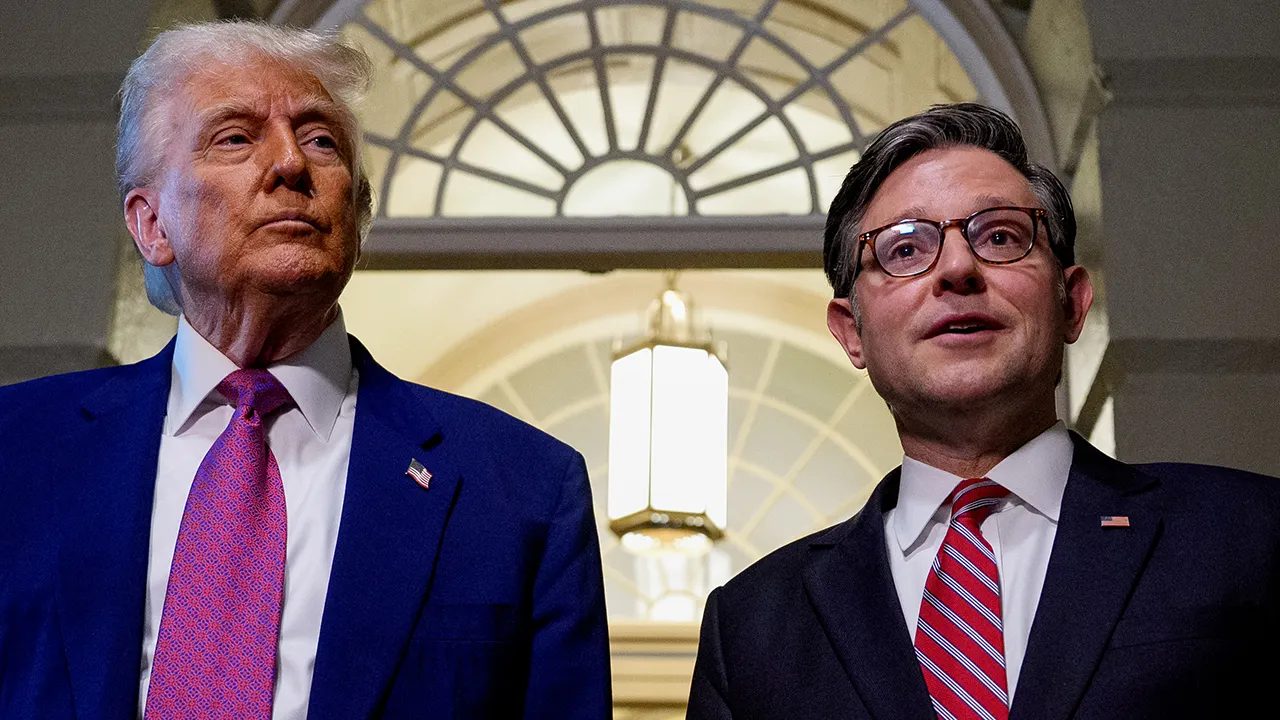
Midterm elections are as unpredictable as ever, as 2026 looms
Entities mentioned:
- Democrats: Power, Control, Legacy
- Republicans: Power, Control, Ambition
- Donald Trump: Power, Influence, Legacy
- Kevin McCarthy: Ambition, Power, Recognition
- Newt Gingrich: Influence, Recognition, Legacy
- Gavin Newsom: Power, Ambition, Control
Article Assessment:
Credibility Score: 70/100
Bias Rating: 55/100 (Center)
Sentiment Score: 45/100
Authoritarianism Risk: 35/100 (Generally Democratic)
Bias Analysis:
The article presents a balanced view of both parties' strategies and challenges. However, there's a slight lean towards Republican perspectives, with more detailed discussion of their potential strategies and concerns.
Key metric: Political Polarization Index
As a social scientist, I analyze that this article highlights the unpredictable nature of midterm elections in the United States. It emphasizes how various factors, including redistricting efforts, presidential popularity, and unforeseen events, can significantly impact election outcomes. The article suggests that traditional models for predicting midterm results may be less reliable in the current political climate. This unpredictability could potentially increase political polarization as parties struggle to maintain or gain control, leading to more aggressive tactics and rhetoric.